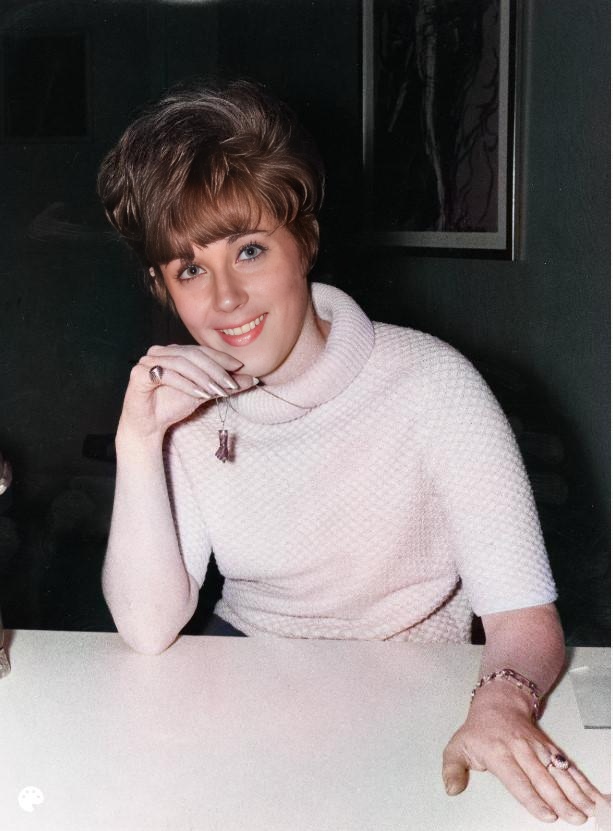
Lesley Gore, a name synonymous with 1960s teen pop rebellion, etched herself into music history with her defiant anthem, “You Don’t Own Me.” Gore, born in 1946, burst onto the scene at just 16 with her debut hit “It’s My Party,” instantly becoming a pop sensation. While she enjoyed further success with songs like “Judy’s Turn to Cry” and “She’s a Fool,” it was “You Don’t Own Me,” released in 1963, that solidified her legacy as a feminist icon. The song reached number two on the Billboard Hot 100, kept from the top spot only by The Beatles’ “I Want to Hold Your Hand.”
“You Don’t Own Me” wasn’t just a chart-topper; it was a statement. With its assertive lyrics, Gore declared her independence and autonomy, rejecting the societal expectation that women should be subservient to men. The song boldly proclaimed, “Don’t tell me what to do, and don’t tell me what to say,” resonating deeply with a generation of young women on the cusp of social change.
The song’s message continues to resonate today. Audience feedback, both then and now, highlights its enduring power. From its initial impact on the burgeoning feminist movement to its continued use in film, television, and political campaigns, “You Don’t Own Me” has become a timeless expression of female empowerment. Gore herself understood the song’s importance, performing it throughout her career and actively supporting its use in progressive causes. Decades later, the song remains a powerful testament to self-respect, independence, and the unwavering pursuit of equality.